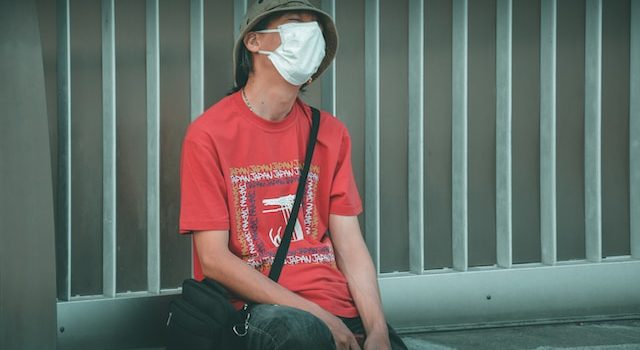
In the early days of the Covid-19 outbreak, the world looked to China for answers. However, it soon became apparent that the Chinese government was not being forthcoming about the true extent of the crisis. One factor contributing to this was the Chinese government’s strict censorship regime, which suppressed information and controlled the narrative around the pandemic.
Since the start of the pandemic, there have been reports of journalists, whistleblowers, and even doctors being silenced or punished for speaking out about the virus. In Wuhan, where the outbreak first began, officials initially downplayed the severity of the situation and punished doctors who tried to warn the public. One of these doctors, Li Wenliang, died of Covid-19 after being reprimanded by authorities for sharing information about the virus.
The Chinese government’s censorship efforts have also extended beyond punishing individuals to controlling the narrative around the pandemic itself. In February 2020, the Chinese government ordered all social media platforms to censor any posts critical of the government’s handling of the outbreak. In addition, state-run media outlets have been accused of spreading propaganda and misinformation, including suggesting that the virus originated outside of China.
The impact of Chinese censorship on the Covid-19 story cannot be overstated. By suppressing information and controlling the narrative, the Chinese government was able to delay the global response to the pandemic, which has now claimed millions of lives worldwide. It also highlights the potential danger of allowing one government to control the flow of information on a global scale.
It’s worth noting that the Chinese government is not unique in its attempts to control information. Governments around the world have been accused of suppressing information and controlling the narrative around Covid-19. However, the sheer scale and effectiveness of China’s censorship regime makes it particularly concerning.
As we move forward from the pandemic, it’s important that we learn from the mistakes of the past. One key lesson is the need for transparency and open communication, especially when it comes to public health crises. Governments must prioritize the health and safety of their citizens over their own political interests.
In conclusion, the Chinese government’s censorship efforts played a significant role in distorting the truth about Covid-19 in its early days. By suppressing information and controlling the narrative, the government was able to delay the global response to the pandemic, with devastating consequences. The impact of this censorship regime should not be ignored, and it serves as a stark reminder of the importance of transparency and open communication during times of crisis.










